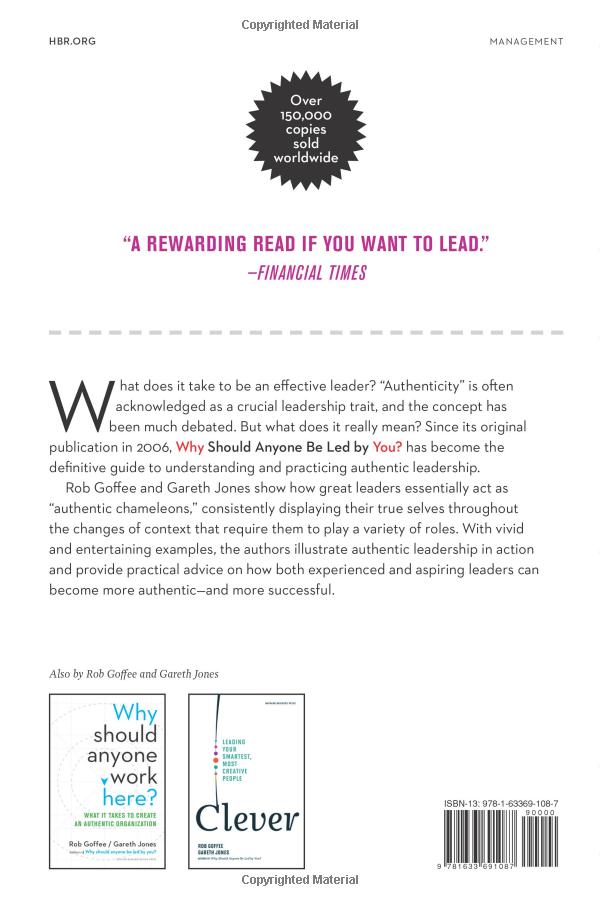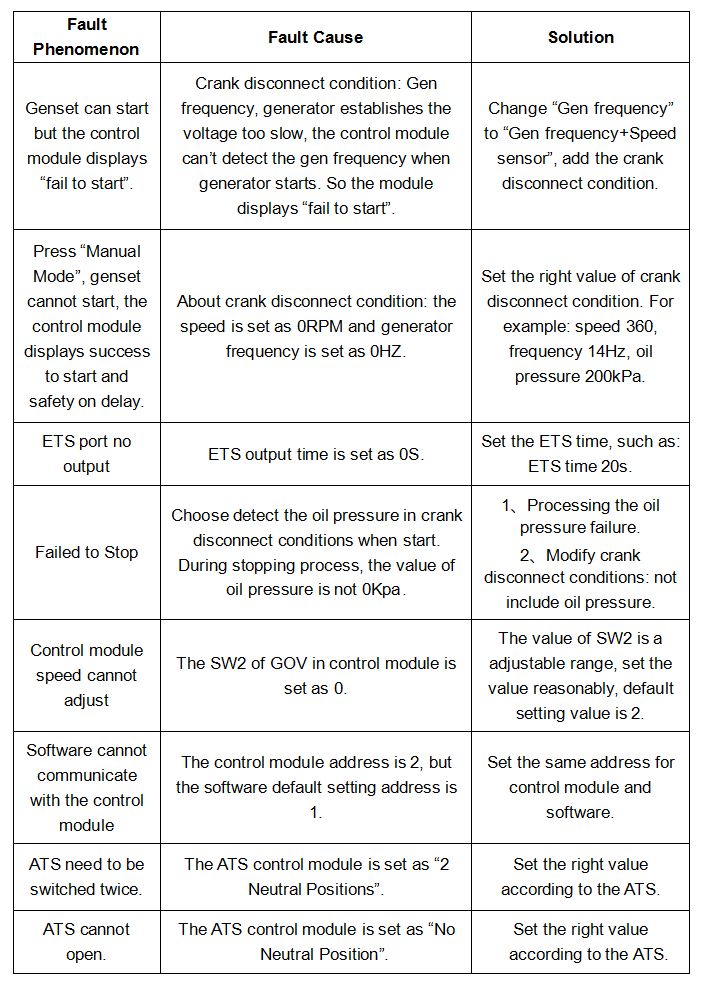Understanding the Negatives of FHA Loan: What You Need to Know Before Applying
#### Negatives of FHA LoanWhen considering a mortgage, many homebuyers come across the Federal Housing Administration (FHA) loan. While these loans offer se……
#### Negatives of FHA Loan
When considering a mortgage, many homebuyers come across the Federal Housing Administration (FHA) loan. While these loans offer several advantages, such as lower down payment requirements and more lenient credit score criteria, it's essential to also understand the negatives of FHA loan options before making a decision.
One of the primary drawbacks of an FHA loan is the requirement for mortgage insurance. Borrowers must pay an upfront mortgage insurance premium (UFMIP) as well as monthly mortgage insurance premiums (MIP) for the life of the loan. This can significantly increase the overall cost of the loan. Unlike conventional loans, where private mortgage insurance (PMI) can be canceled once the borrower reaches 20% equity in the home, FHA loans require MIP for the entire term, which can be 30 years or more. This ongoing cost can make FHA loans less appealing for long-term homeowners.

Another negative aspect is the loan limits imposed by the FHA. These limits vary by region and may not be sufficient for buyers in high-cost areas. For those looking to purchase a home in a more expensive market, the FHA loan limits might not cover the full price of the property, forcing them to seek alternative financing options or settle for a less desirable home.
Additionally, FHA loans are often perceived as less favorable by sellers. Because these loans are typically associated with first-time homebuyers or those with lower credit scores, sellers may be hesitant to accept offers from buyers using FHA financing. This can result in a more challenging home-buying process, as buyers may face stiff competition from those with conventional loans or cash offers.
The property requirements for FHA loans can also be a hurdle. The FHA has strict guidelines regarding the condition of the property being financed. Homes must meet certain safety and livability standards, which can limit options for buyers interested in fixer-uppers or properties that need significant repairs. This can lead to frustration for buyers who are willing to invest in renovations but find their options restricted by FHA regulations.

Moreover, the closing costs associated with FHA loans can be higher than those of conventional loans. Although some closing costs can be rolled into the loan, borrowers should be prepared for potentially higher upfront expenses. This can be a significant factor for first-time homebuyers who may already be stretching their budgets to cover the down payment.
Lastly, the timeline for FHA loans can be longer than for conventional loans. The additional paperwork, inspections, and requirements can lead to delays in closing, which may be a critical factor for buyers who need to move quickly. This can be particularly challenging in competitive markets where timing can make a significant difference in securing a desired property.
In conclusion, while FHA loans offer several benefits, including lower down payments and flexible credit requirements, it is crucial to weigh these advantages against the negatives of FHA loan. Understanding the potential drawbacks, such as ongoing mortgage insurance costs, loan limits, seller perceptions, property requirements, higher closing costs, and longer timelines, can help buyers make informed decisions about their financing options. Before applying for an FHA loan, potential borrowers should consider their financial situation, long-term goals, and the overall housing market to ensure that they choose the best mortgage option for their needs.
